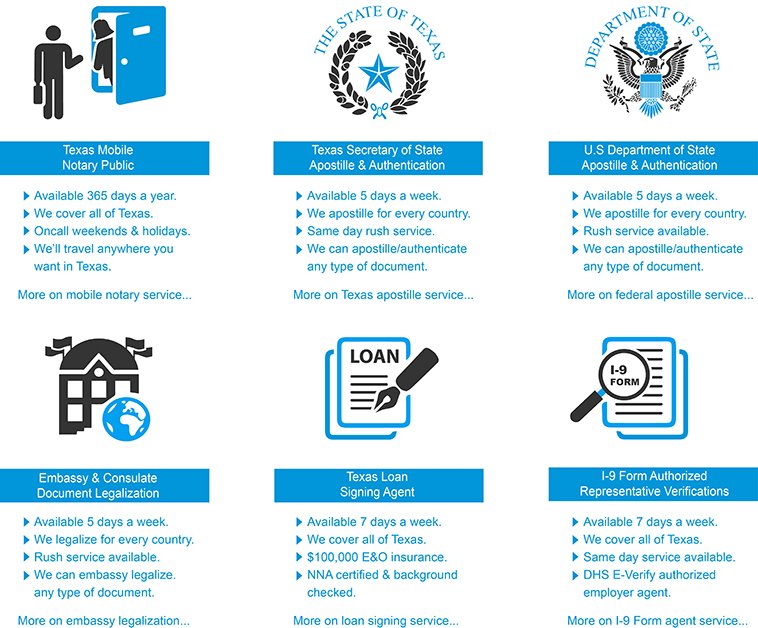Understanding Apostille: Simplifying International Record Legalization
Understanding Apostille: Simplifying International Record Legalization
Blog Article
Debunking Notarial Job: Simplifying the Duty and Value of Notaries
Their function, often shrouded in mystery for numerous, carries significant weight in making sure the legitimacy and stability of vital files. By deciphering the intricacies dropping and bordering notarial methods light on the significance of their acts, a clearer understanding emerges of the important function notaries play in maintaining the fabric of legal and legal agreements.
The Background of Notarial Job
The history of notarial job dates back to ancient human beings, where scribes played a critical function in videotaping essential information and verifying papers. This led to the growth of notaries, individuals designated by the state to act as neutral witnesses in legal matters.
During the Middle Ages, notaries gained importance in Europe, with their features increasing to include preparing lawful records, licensing signatures, and protecting documents. The surge of international profession even more stressed the value of notarial job in validating contracts and agreements throughout boundaries.
In the modern-day era, notaries remain to play a crucial duty in lawful and service purchases by verifying identities, verifying the credibility of documents, and stopping scams. Their function in accrediting the legitimacy of arrangements includes a layer of safety and depend the ever-evolving landscape of business and regulation.

Tasks and Obligations of Notaries
Notaries play an essential role in validating the authenticity of documents and the identity of notaries. One of their primary responsibilities is to witness the finalizing of crucial records, such as acts, contracts, and wills, to make certain that all events are entering into contracts intentionally and willingly.
Furthermore, notaries are entrusted with carrying out oaths and affirmations, which are important in legal proceedings and the implementation of sworn statements. They license copies of initial papers, providing guarantee to institutions that the copies hold true reproductions of the originals. Notaries should keep exact documents of all purchases they manage to make certain openness and liability. In general, the responsibilities and duties of notaries are necessary in securing the stability and legitimacy of different records and deals.
Notarial Certificates and Signatures
Exemplifying careful focus to information, notarial certificates and signatures serve as crucial components in verifying the authenticity of legal files. Notarial certificates commonly have important information such as the date of registration, the names of the signatories, a description of the document, and the notary's main seal. These certificates supply a clear record of the notarial act, making sure that the document can be quickly identified and traced back to the notary who oversaw the process.
Trademarks play a crucial duty in notarial job, as they symbolize the arrangement and authorization of the celebrations included. Notaries carefully witness the finalizing of files to confirm the identification of the notaries and confirm that they are signing of their own cost-free will. By fastening their official seal and signature to the record, notaries accredit that the essential procedures have actually been followed and that the document is enforceable and valid.
Fundamentally, notarial certifications and trademarks are the characteristic of credibility in lawful transactions, giving guarantee to all celebrations entailed that the documents are legitimate and binding.
Importance of Notarial Acts
Notarization Refine Discussed
Clarifying the notarization procedure gives clarity on the vital actions associated with validating lawful papers. The registration procedure typically starts with the private presenting the paper to a notary public. The notary after that confirms the endorser's identity with acceptable recognition techniques. When the identity is confirmed, the notary makes certain that the private authorizing the document does so voluntarily and without any kind of coercion.
Final Thought

Notarial certifications typically contain crucial details such as the date of registration, the names of the signatures, a summary of the paper, and the notary's main seal. These certifications give a clear document of the notarial act, guaranteeing that the paper can be quickly identified and traced back to the notary that supervised the process.
By affixing their main seal and signature to the document, notaries certify that the required procedures have been adhered to and that the document is enforceable and legitimate.
By validating the identification of the notaries, verifying their desire to enter into the contract, and accrediting the day and location of the finalizing, notaries play a vital duty in supporting the legitimacy of lawful files.After the record is signed, the notary will affix their official seal or stamp onto the document.
Report this page